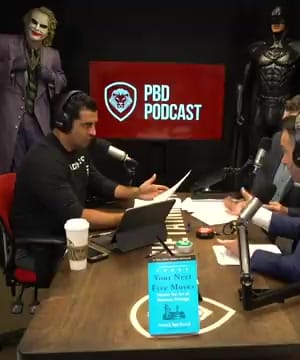Cuban government
Sources:
The Cuban government has faced various challenges and criticisms over the years, manifesting in significant political and economic impacts. Here are key insights gathered from recent expert discussions:
-
Economic Collapse: The nationalization of businesses in the early 1960s led to widespread mismanagement, causing factories to cease functioning. By the 1970s, Cuba faced a severe economic crisis, prompting the Soviet Union's involvement. After the Soviet Union's collapse in the 1990s, Cuba's economy continued to struggle, exacerbated by the recent COVID-19 pandemic, which devastated tourism—a key revenue source 1 2.
-
Cuban Missile Crisis: The roots of the Cuban Missile Crisis in 1962 trace back to the 1952 coup by US-backed dictator Batista. Fidel Castro's revolution in 1959 aimed to reclaim national wealth, leading to strained US-Cuba relations, especially after the failed Bay of Pigs invasion, which solidified Castro's power and pushed Cuba into an alliance with the USSR 3.
-
Political Criticism: For many years, Cubans have engaged in critical conversations about their government, facilitated by the diffusion of public Wi-Fi and social media platforms like Facebook and WhatsApp from 2015-2016. This connectivity helped organize widespread protests 4.
-
Recent Protests: Recent protests in Cuba, unprecedented in decades, were fueled by economic hardship, food and vaccine shortages, and rising prices. These protests, marked by chants of "freedom," highlighted strong dissatisfaction with the communist regime, challenged further by significant US economic sanctions 5.
-
US Response: Criticism arises against the US administration's handling of the Cuban situation, often perceived as weak or misdirected. There are calls for stronger stances against the Cuban government's oppressive regime and debates about the efficacy of ending the embargo to foster economic improvement 6.
These discussions illustrate the complex dynamics of Cuba's political and economic landscape, characterized by ongoing struggles and significant international implications.
RELATED QUESTIONS-

